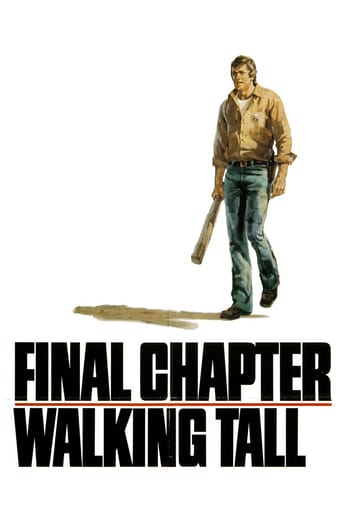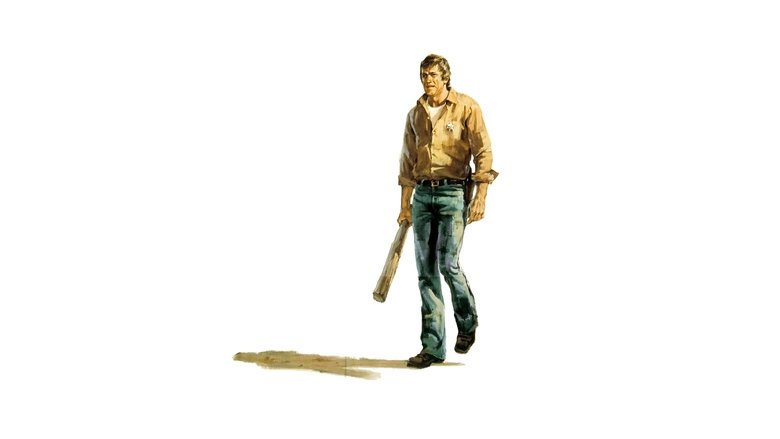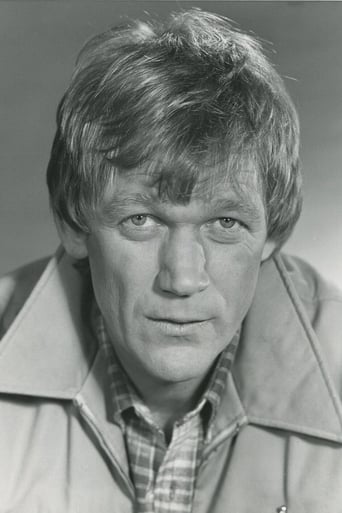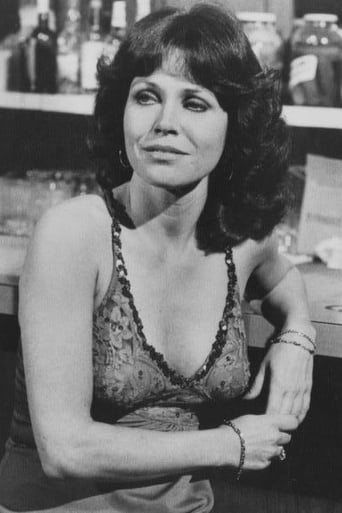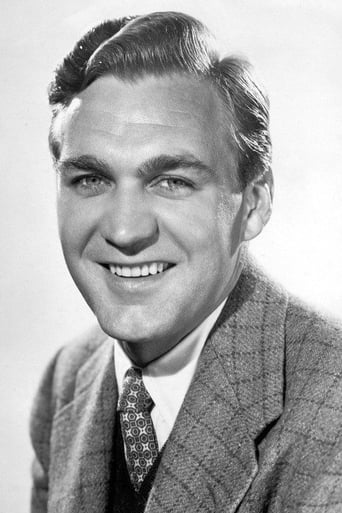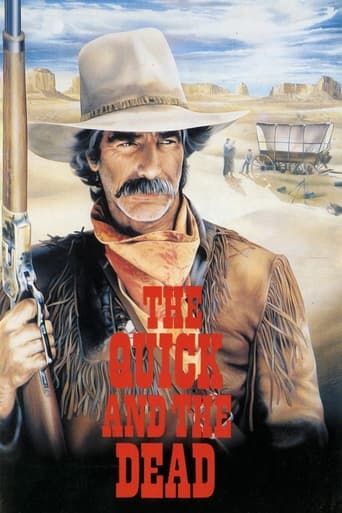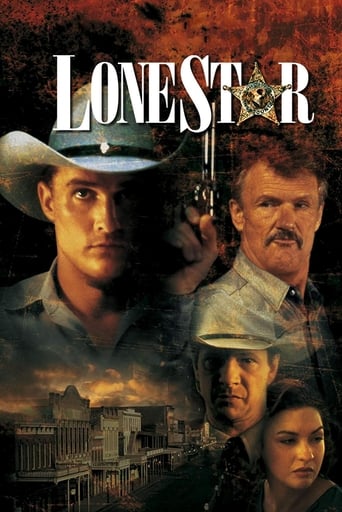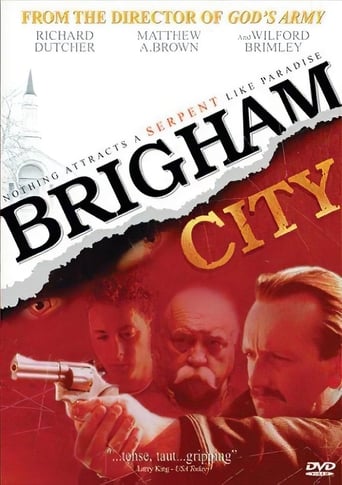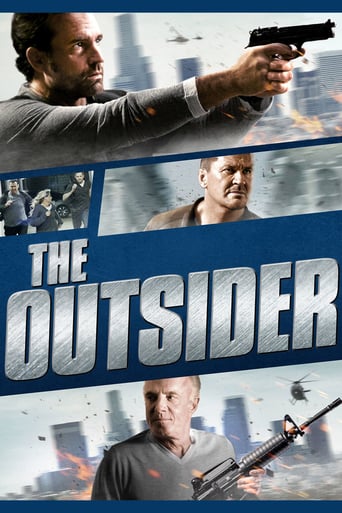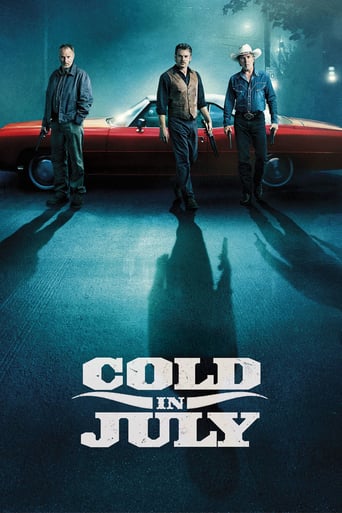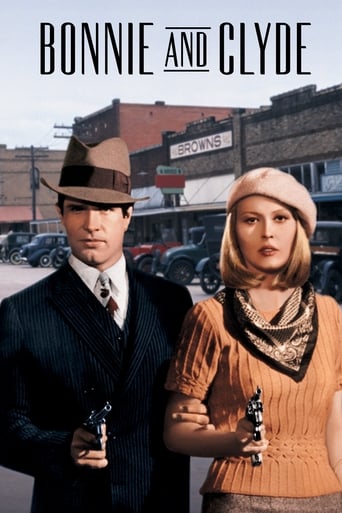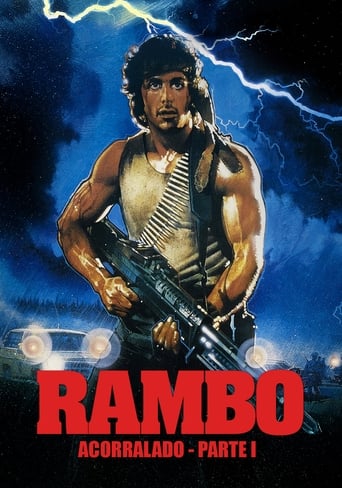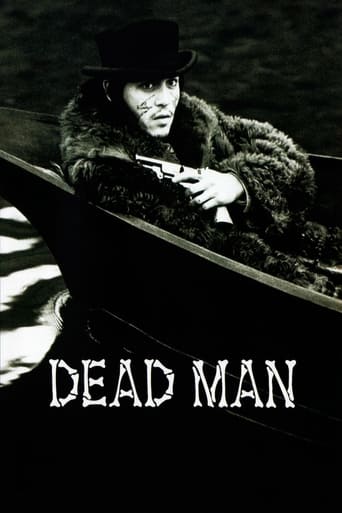Final Chapter---Walking Tall (1977)
It's the final chapter in this chilling, real-life story of Sheriff Buford Pusser, a good-hearted lawman set on keeping his town safe. Still distraught over his wife's death, he blows up every moonshine still in McNairy county and burns the brothels and whiskey joints to the ground. Having gone too far, he's voted out of office, but that doesn't stop the mob from seeking their revenge. Buford soon discovers how small his town is when he runs out of highway with the mob on his trail.
Watch Trailer
Cast


Similar titles
Reviews
Why so much hype?
The Worst Film Ever
Best movie of this year hands down!
An old-fashioned movie made with new-fashioned finesse.
This turned out to be a false title because this film was not the Final Chapter: Walking Tall. Like that other hero from Tennessee Davy Crockett, Buford Pusser was too powerful a hero to die, cinematically speaking.Still as in real life we find that the sheriff with the stick was not universally popular. You take the approach he does to law enforcement and eventually people will fear you. That was a plot in fact for two westerns with Richard Widmark, Warlock and Death Of A Gunfighter. Pusser was in fact defeated for re-election.But news of his exploits in cleaning up his county and all the attempts on his life got him a Hollywood offer for his life story. And then came the car crash that ended his life.I'll never understand why Joe Don Baker didn't do the sequels. To this day it's the role people remember him for because he was so good in the part. Bo Svensson for the rest of his life always came out second best even with more Walking Tall movie to his credit. My best cinema memory of Svensson was as the guy employing Clint Eastwood's wife Marsha Mason in his joint in Heartbreak Ridge.This film maybe entitled Final Chapter, but it was by no means a fade to black for the Walking Tall hero Buford Pusser.
This last chapter is better built than the second and hence has a better rhythm. He is defeated in the election because he shows a high level of distance from the people. He seems to consider it below him to come and discuss things with the public, the electors of the county in a public meeting. Then of course he is a double or triple victim One, of the low life people he had chased and hunted down in his crusade against crime and they think they can finally get their revenge and they can trash his car or even attack him in the street or attack his family or the people he has relations with. Two, of the new sheriff who has the tendency to consider him as a dangerous person and a trouble maker. Three, of the real bad ones who know he does not have the protection his uniform could provide him with (cars, deputies, etc) and they come to the idea they can finally organize his end and go through untouched. That will be his doom. But the best part is his economic situation once he is no longer the sheriff. He lives with his parents who are old and retired and live on a small pension. He refuses to accept the job his brother in the north is proposing because he does not want to move. He also refuses to accept the job the local lawyer is proposing: investigator for his special cases, because he feels it is charity. He finally accepts the proposal of some Hollywood producer to make the film of his life and that brings him the end of his financial problems but also the multiplied desire to get even from the local traffickers, even against the advice of their own higher-ups. This reveals how difficult it may be after you have been in the limelight of law enforcing in a small city. The people reject you and even refuse to testify for you when you are attacked and your property is attacked by some local bullies or rough individuals. The film also shows very well there is a change in the US at that time. People after the worst criminal activity is gone, want to have a more peaceful and less visible law-enforcing police force. But at the same time it represents the end of a generation of traffickers who also want to run things in a smoother way. In other words US society in these early mid 70s, at the end of the Vietnam war, moved from the cult of sheer force to solve any problem to the understanding that a solution can only come if it is founded on some kind of peaceful consensus, even if that means accepting some kind of traffic provided it becomes non-violent, peaceful, and it respects some basic rules like paying taxes. That's exactly what Buford Pusser did not understand. Maybe he was right but at that time crime moved from the back woods of Tennessee to the dilapidated ethnic and poor suburban areas or ghettos of the big cities because the main traffic did not concern moon-shine whisky any more, an inheritance of Prohibition, but the new hard drugs like heroin and cocaine coming from Latin America.Dr Jacques COULARDEAU, University Paris Dauphine, University Paris 1 Pantheon Sorbonne & University Versailles Saint Quentin en Yvelines
You don't have to agree with its message to enjoy the first "Walking Tall". Certainly not as violent as the "Dirty Harry" pictures, but just as unsubtle, it was a powerful movie with a totally convincing, appropriately square performance by Joe Don Baker. The first sequel, in which Baker was replaced by Bo Svenson, was a boring, by-the-numbers follow-up, with none of the force of the original. The second sequel is even worse; talky and drab, it exploits (in an almost cannibalistic way) the first movie by lifting and recreating the most famous sequences from it. There are a few good moments (when Pusser picks up his trusty bat), but they are very scarce.
They had pretty much run out of story by the end of the second film, so making a movie with what was left was kind of redundant. Yet they somehow manage to stretch what was left to an unbelievable length (116 minutes), a lot of which is made of endless and unnecessary footage of people walking from one place to another. A competent editor would have been able to prune not only this filler, but a lot of scenes that don't do anything to the plot, or start subplots that go nowhere.There was promise in the sequence when Pusser sells his life story to the big screen (including when Pusser tells why he is reluctant to do so) but they don't spend much time in this sequence. If you don't care about this, and just want to see Pusser swing his bat at heads, you should know there isn't much of that this time around. Most of the movie is just people talking, and it's not interesting talk. If you know what happened to Pusser, then there's no reason for you to see this movie.

